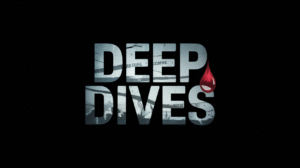
Human trafficking has become a central component of organized crime, posing serious risks to global security, democracy, governance, and human rights. Traffickers typically operate within highly organized criminal networks, enabling them to exploit greater numbers of victims over extended periods and often with increased violence. Women and children are especially vulnerable to severe abuses within this exploitative cycle.
On July 30, the World Day against Trafficking in Persons, the Inter-Agency Coordination Group against Trafficking in Persons, including UN Women, issued a joint statement urging immediate action to dismantle these criminal networks responsible for human exploitation.
Threats Posed by Trafficking Networks
The connection between human trafficking and organized crime perpetuates a damaging cycle with the following impacts:
- Compromises global and national security
- Weakens effective governance structures
- Undermines fundamental human rights
- Erodes the rule of law
- Threatens democratic processes
- Impairs sustainable development efforts
Call to Action
Experts highlight the importance of combating these networks to:
- Protect vulnerable populations from exploitation
- Ensure peace and justice across the globe
- Promote coordinated international cooperation to break the trafficking cycle
- Safeguard human dignity and uphold human rights
Stay tuned for Deep Dives providing the latest updates on this critical issue.


